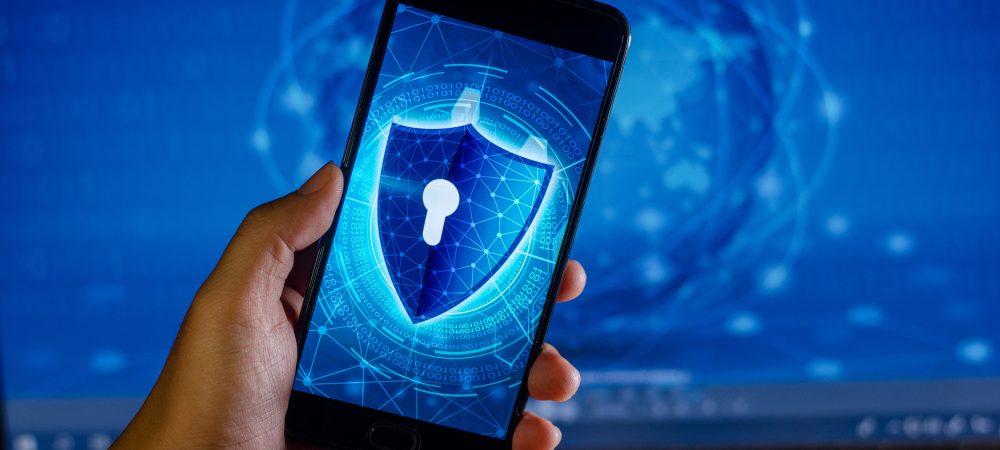Having a smartphone without a good encryption system is like living in a glass house with no privacy, an expert tells us.
Cybercrime is one of the most money-moving activities in the world. After all, with advances of technology, the techniques and tools of hackers and criminal organizations are also evolving. With all the personal and professional data on cell phones, the risks of an intrusion are more damaging when compared to an attack on a computer.
According to Augusto Schmoisman, Specialist in Corporate, Military, Aerospace Cyber Defense and CEO of Citadel Brazil, less than 1% of cell phones have efficient protection in Brazil and encrypted telephony is almost unknown in the country.
“The smartphone without good encryption is like living in a glass house, you have no privacy. It is possible to know where you are, access your camera, monitor all your conscious and unconscious movements. It is an endless invasion,” said Schmoisman.
Threats
Through intrusions on cell phones, it is possible to track every movement and behavior of the victim, providing much more data and information than people can imagine.
“The average time for someone to become aware that they are being monitored is approximately six months, which is bad, considering the amount of information that a criminal will have gathered during the period. Until you realize, the damage has already been done,” said Schmoisman.
The expert also explains that it is very common to see installed false antennas or Wi-Fi to collect information and extracted data for the interception of phones.
“There are malicious applications that, once installed through social engineering, can capture and monitor all information, making it a gateway to other systems,” said Schmoisman.
The risks of applications and connections
People are constantly downloading apps, inserting information into tests that seem harmless but, without realizing it, are being stolen.
“The vast majority, approximately 99% of these apps, request a long list of authorizations and permissions that are not necessary for their operation. With each click that allows access to the contact list, image gallery or location, you are already allowing an attack,” said Schmoisman.
The same happens when connecting the mobile device to open Wi-Fi networks at airports, cafes or hotels. Another big risk, according to the expert, is putting the cell phone to charge at airports.
“Simple acts can leave the entire device vulnerable, making it possible to hack text messages, spy on your social networks, track call and contact records, track GPS location, navigation history, monitor emails, access passwords and much more. In order to have control of your privacy, it is essential to protect yourself using a device that brings security and trust, with encryption, real-time monitoring for instant risk mitigation,” said Schmoisman.
Click below to share this article

